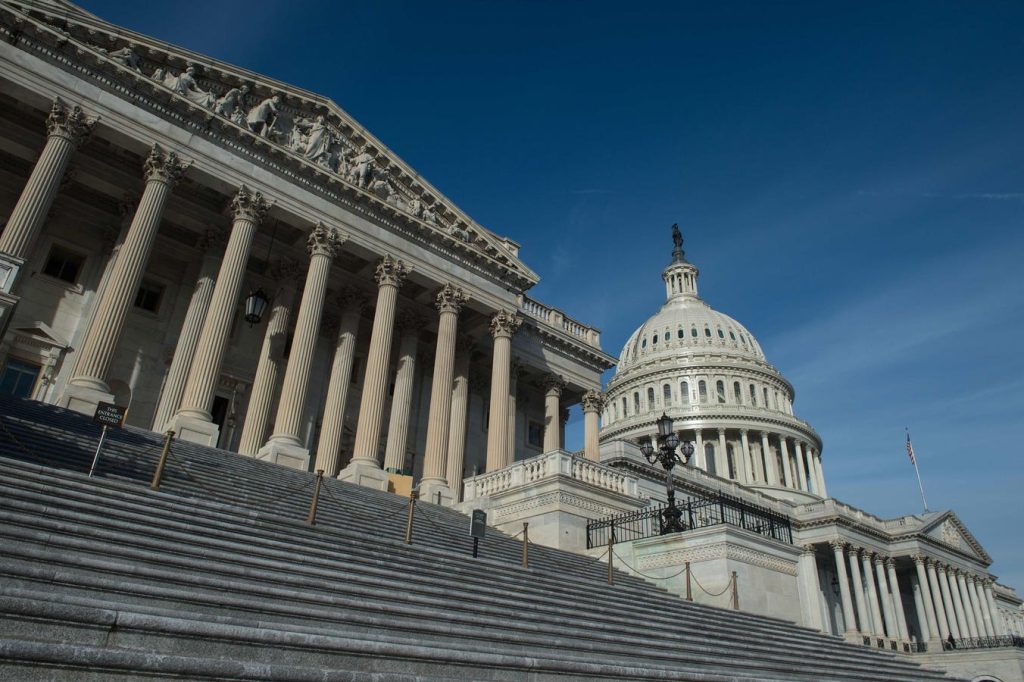Crypto’s courtship of Washington is in full swing. Nearly every major firm has dispatched a policy team to the capital in a bid to earn a seat at the table with the President’s Working Group on Digital Asset Markets, led by Crypto and AI Czar David Sacks, or shape discussions at the SEC’s new Crypto Task Force under Commissioner Hester Peirce.
Much of the effort has been dedicated to earning a spot on the Presidential Council of Advisers for Digital Assets, led by Bo Hines, a 29-year-old former college football player from North Carolina who unsuccessfully ran for Congress twice. However, true to the fast and often chaotic pace of changes under the new administration, it now appears as though Hines will form issue-specific roundtables instead of a single "council."
"`Hines told me point-blank, ‘We’re not having that [the council]; we’re going to do the roundtables. That’s the current thinking at least,’" says one source familiar with the matter. A representative of the Office of Science and Technology Policy pointed to the president’s executive order, which states, "As appropriate and consistent with law, the Working Group shall hold public hearings and receive individual expertise from leaders in digital assets and digital markets."
That means firms like Ripple and Coinbase, both large donors to Trump’s inaugural committee, will have to settle for ad hoc hearings, much like those run by the CFTC, to be helmed by newly nominated Chair Brian Quintenz from Andreessen Horowitz. It had been reported that Ripple’s billionaire CEO Brad Garlinhouse was lobbying hard for a seat on the "council," but those efforts appear to have failed. Ripple Labs is the San Francisco company behind the XRP Ledger, a blockchain with a current value of $161 billion that promised to revolutionize international money flows, but has accomplished little since its inception in 2012.
Over at the SEC, Commissioner Peirce is pushing for a fresh start. Agency records show her team has met with the Blockchain Association, Andreessen Horowitz’s AH Capital Management and Nasdaq representatives, among others, in recent days, tackling everything from correcting past missteps to exploring staking in ETPs and clarifying crypto trading venues.
legal battles are also hitting pause. A D.C. federal judge halt the SEC’s lawsuit against Binance for 60 days on both parties’ suggestion this week, remarking that the SEC’s new task force could "impact and facilitate the potential resolution of this case."
Many legal experts and observers say more similar actions may follow. "If you look at the pending SEC cases, I would expect that the ones limited to whether there was an offering of a security without proper registration will be dismissed. However, cases like Binance, which involve fraud allegations, may be more complicated. Either way, I think we’ll find out very quickly in the next few weeks," says Arthur Jakoby, former SEC prosecutor and partner at Herrick Feinstein.
"It wouldn’t surprise me at all if, at this point, the SEC under a new regime, which very much wants to be permissive of crypto, says, ‘Hey, Binance has been punished enough’ (The exchange settled with the U.S. government for $4.3 billion in November 2023 to resolve charges of anti money-laundering and sanctions violations). What happens after the 60 days? Hopefully, Commissioner Peirce and the SEC’s Crypto Task Force can come up with some interim guidelines that in the short term provide clarity on what’s a crypto security and what’s not," says Mark Bini, partner at Reed Smith. "The SEC, like their counterparts at the DOJ, has a great deal of discretion in these cases. I don’t think crypto companies with cases before the SEC will get relief overnight, but they’ll start seeing changes quite quickly, especially given that many of the people who were leading the crypto cases were reassigned. By reassigning personnel, they’ve made it very clear that their priorities have changed a great deal."


